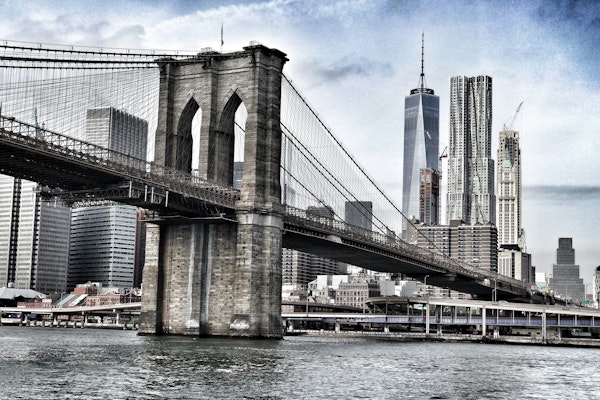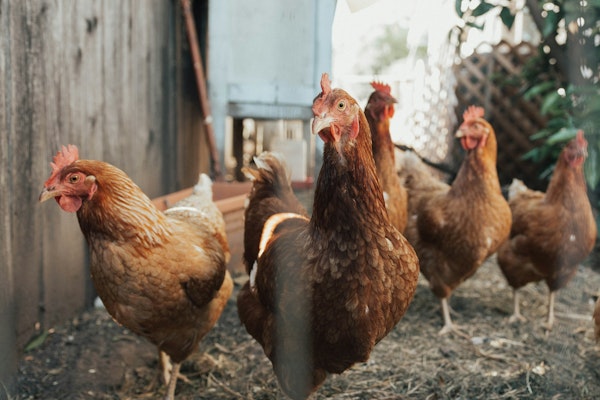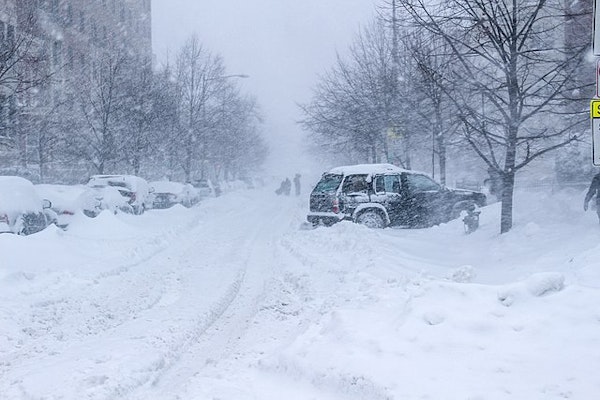
Third-Party Litigation Funding Faces Discovery in NY Construction Injury Cases
Expanded discovery and scrutiny of litigation funding signal a shift in how fraud indicators are handled in high-volume injury litigation.
March 3
Fraud
Litigation
Property
Risk Management
New York

How Aerial Imagery and Machine Learning Are Reshaping Property Claims
Aerial imagery, supervised machine learning, and Gen AI are expanding underwriting and claims capabilities, but insurers face mounting pressure to validate data, manage uncertainty, and protect customer trust.
March 3
Catastrophe
Property
Risk Management
Technology

Gen Z Is Forcing Insurance Into a Real-Time Claims Era
Over one in four Gen Z policyholders avoid filing claims due to digital friction. Insurers face mounting pressure to modernize onboarding, verification, and settlement workflows.
March 2
Education & Training
Fraud
Insurance Industry
Risk Management
Technology

2026 Claims Insights: Carrier Strategies on Social Inflation, AI Fraud and Workforce Risk
New survey data shows carriers recalibrating underwriting, fraud detection and workforce strategy as social inflation, AI-generated fraud and catastrophe losses intensify.
March 2
Auto
Catastrophe
Fraud
Insurance Industry
Legislation & Regulation

Extreme Heat Drives Workers’ Comp Claims as OSHA Extends Enforcement Program
Federal inspections continue while state heat standards tighten. Claims data shows accident rates rise sharply above 90 degrees (F), raising exposure for high-risk industries.
March 2
Catastrophe
Legislation & Regulation
Property
Risk Management
Workers' Compensation

Illinois Assigned Risk Pool Posts 191% Combined Ratio Amid Trucking Fraud Concerns
Underwriting deficits and alleged fleet misreporting are straining Illinois’ commercial auto assigned risk market, with combined ratios nearing 200%.
March 2
Auto
Fraud
Insurance Industry
Legislation & Regulation
Litigation
Illinois

Cold Winter Linked to Pennsylvania Avian Influenza Surge
An unusually cold winter may have pushed infected wild birds toward farms, triggering early-season H5N1 losses across the state’s poultry sector.
March 2
Catastrophe
Property
Risk Management
Underwriting
Pennsylvania

Florida Wildfire Burns 25,000+ Acres in Big Cypress During Winter Drought
Uncontained blaze in Big Cypress National Preserve closes I-75, raises smoke and liability concerns for Florida claims adjusters.
March 2
Auto
Catastrophe
Property
Risk Management
Florida

Why Insurance Claims Systems Create Friction and How Design Can Fix It
A new report outlines how role confusion, product silos, and competing platform priorities create unnecessary friction across claims and service workflows.
February 25
Auto
Insurance Industry
Property
Risk Management
Technology

Data Theft Overtakes Encryption in 2025 Cyber Claims, Resilience Reports
Resilience reports a sharp rise in extortion-only attacks and AI-driven phishing, reshaping cyber insurance severity and coverage strategy.
February 25
Insurance Industry
Legislation & Regulation
Litigation
Risk Management
Technology

AI-Powered Hackers Breach 600 Firewalls in Global Cyber Campaign, Amazon Reports
Security report warns of financially motivated intrusions exploiting weak credentials and single-factor authentication, raising ransomware risks for global organizations.
February 25
Insurance Industry
Risk Management
Technology

Microplastics Claims Face Evidentiary Scrutiny as Detection Methods Tighten
Revised lab standards and causation challenges are reshaping how insurers evaluate emerging toxic tort exposure tied to microplastics.
February 25
Insurance Industry
Liability
Litigation
Risk Management
Technology

BMW Recalls 58,713 Vehicles Over Damaged AC Wiring Harness, NHTSA Says
NHTSA says damaged air conditioning wiring harnesses in select BMW models could cause a short circuit, prompting a nationwide recall.
February 25
Auto
Risk Management
Technology
Underwriting

More Winter Storms Target Midwest, Northeast After $38B Blizzard Losses
New snow, ice, Arctic air, and potential flooding could generate fresh property and auto claims just days after a multibillion-dollar blizzard.
February 25
Auto
Catastrophe
Property
Risk Management
Underwriting
Illinois
Indiana
Iowa
Massachusetts
Michigan

CEOs With Disaster Experience Linked to 24% Fewer Workplace Injuries
New research finds companies led by CEOs exposed to severe childhood disasters report 24% fewer worker injuries, highlighting the impact of leadership traits on safety outcomes.
February 19
Insurance Industry
Liability
Risk Management
Underwriting
Workers' Compensation




